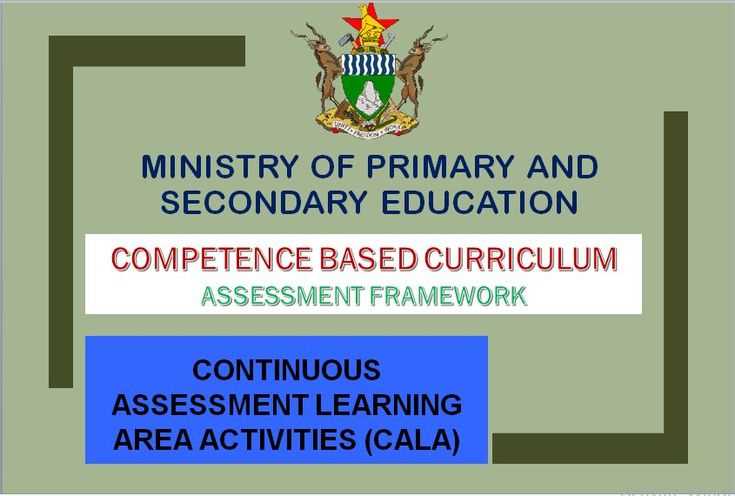
Zim Now Writer
Parents across the country have pleaded with the Ministry of Primary and Secondary Education to drop the Continuous Assessment Learning Activities component in the competence-based curriculum introduced in 2015, arguing that it is costly and time consuming.
This emerged during the curriculum review consultations that were held this week, where parents and guardians said Cala was exclusive of learners from low income families who could not afford it, contrary to its principle of inclusivity.
“I have to pay money for every Cala project that my Grade Six child is conducting,” said one parent from Harare.
“Apart from the school fees, I need money to buy materials for each subject for Cala, and also money for printing and sometimes consultations which I regard as unnecessary expenses. It is like I have gone back to primary school. My child cannot do Cala activities on his own. I have to assist; in fact I will be doing it for my child. So, when the examiners do the grading, they will be giving my son marks for the work that I did and there is no competence.”
School authorities have also raised concern over members of the community who were demanding cash from desperate pupils to offer assistance with Cala.
Related Stories
Under Cala, pupils are expected to carry out projects and tasks in schools, which constitute 30% of their coursework for the final examination under the Zimbabwe School Examinations Council for each subject.
Parents end up having to pay between US$10 and US$20 to get assistance for their children’s CALA projects from community members due to the limited time to complete the syllabi as well as the CALA projects.
Teachers have also argued that the programme is disruptive since schools have limited learning time to complete the syllabus owing to the disturbances occasioned by the Covid-19 pandemic.
Progressive Teachers Union of Zimbabwe secretary-general Raymond Majongwe said: “The new curriculum is forcing our pupils/students into a life of poverty and deprivation due to its insistence on academic pursuit.”
He added: “There is also no provision of adequate teaching and learning materials. Teachers need teaching and learning materials, infrastructural development and equalisation funds for poor schools to successfully implement any curriculum. For a new curriculum to succeed, teachers must be adequately trained (in-service and in colleges), recruited and remunerated, motivated and supported within well-resourced, efficient and effectively governed systems. As such teachers must be highly-paid civil servants and there must be no deficit of teachers in schools, class sizes must be small and the environment must be conducive for effective teaching and learning,” he added.
Primary and Secondary Education ministry secretary Tumisang Thabela promised that government would consider the views of all stakeholders in the process of reviewing the curriculum.



















Leave Comments